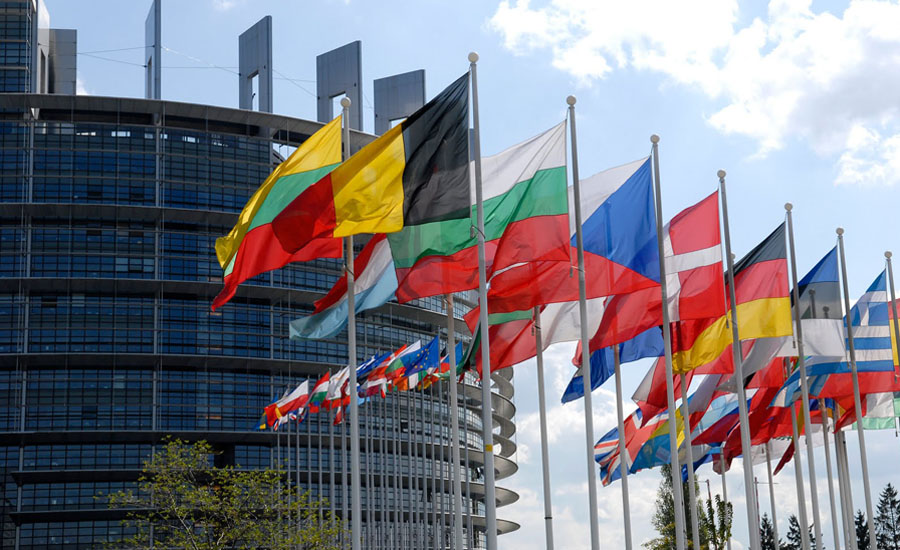Work-related cancers cost between €270 ($343) and €610 ($776) billion a year in the EU-28 (the European Union including the United Kingdom, which is soon to become a non-member), according to a new book from the European Trade Union Institute (ETUI). Occupational cancers are the primary cause of work-related deaths in industrialized societies, with more than 100,000 people losing their lives each year through being exposed to carcinogens in their workplace. Latest estimates set the share of work-related cancers at 8% of all new cancer cases (6 - 12% for men and 3 - 7% for women).
The book is “Women, Work and Cancer”.
“These cancers are morally unacceptable, as they could easily have been avoided through adequate prevention measures”, says Laurent Vogel, senior researcher at the ETUI and co-editor of the book Cancer and work - Understanding occupational cancers and taking action to eliminate them.
“They are also unfair. Exposure to carcinogens at work are the cause of major social inequalities in health in Europe, as in the rest of the world. Labourers or nurses are much more likely to contract an occupational cancer than engineers or bankers. Indeed, a socio-occupational map can be drawn for the different types of cancer, tracing them back to these social inequalities”, comments Tony Musu, senior researcher at the ETUI and co-editor of the book.
The link between cancer and working conditions has been acknowledged and extensively documented in the scientific literature for more than two centuries, and several hundred carcinogens have been found to be present in workplaces. Levels of exposure to these carcinogens are a major source of social inequalities in health, moreover, since an individual’s risk of being diagnosed with a work-related cancer varies considerably depending on the position he or she occupies in the social hierarchy; the incidence is much higher for cleaners or construction workers than for managerial staff, for example.
When comparing the research budgets assigned to studying, respectively, genetic factors and occupational factors causing cancer, the former has considerable resources to it while the latter has to make do with ‘peanuts’, researchers found. In an article published in 2018, Aaron Blair and Lin Fritschi pointed out that, in the fifteen main scientific journals dedicated to cancer, the number of articles relating to occupational cancers “declined dramatically from around 80-90 per year from 1991-2003, to about 30 in 2009”.
The book on Cancer and work - Understanding occupational cancers and taking action to eliminate them is being published at a particularly important moment in time, since the process of revising the EU’s acquis on the prevention of work-related cancers was relaunched in May 2016 after a protracted period of paralysis. It does not purport to be an exhaustive analysis of all of the factors discussed, but instead examines the current state of the art, practical examples of preventive action, legislative developments and the visibility of work-related cancers, particularly in the context of occupational disease compensation systems. Its aim is to further feed the ongoing debate and promote discussion of an ambitious strategy for eliminating work-related cancers.
This book is a collaborative effort and the result of over 20 years of cooperation between the ETUI, researchers in a variety of disciplines and trade union networks.
To watch the conference, click here.


